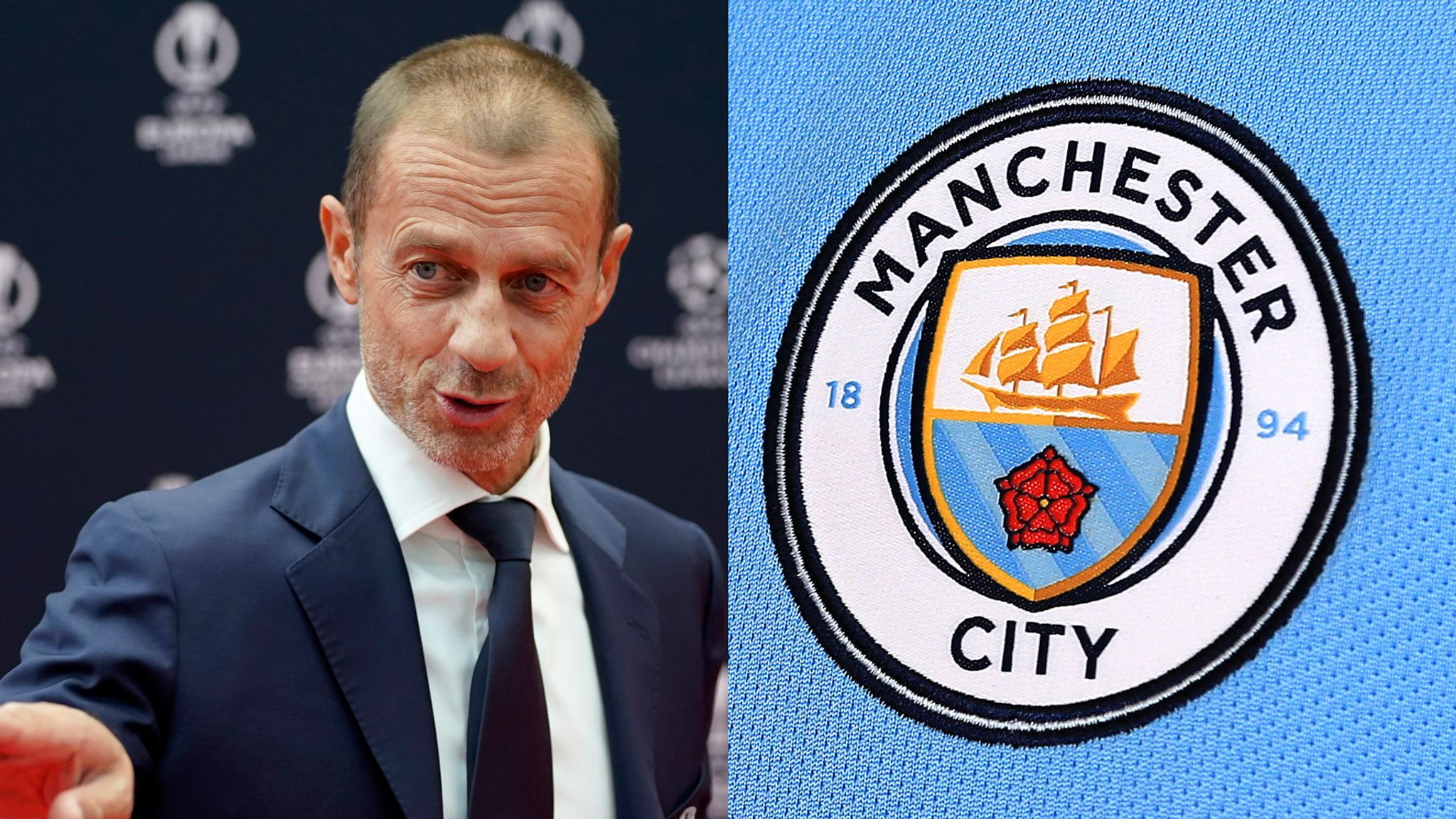Despite Manchester City’s successful appeal, UEFA President Aleksander Ceferin has maintained that the European regulatory body was “right” to disqualify the team from the Champions League due to financial violations.
The Club Financial Control Body (CFCB) of UEFA imposed a two-year suspension on English powerhouse City in February 2020. However, the decision was reversed in July of the same year at the Court of Arbitration for Sport (CAS).
The CAS determined that while many alleged breaches were “not established,” others had passed the relevant period.
By refusing to assist CFCB investigators, the club’s sanction was lowered by CAS to 10 million euros (£8.6 million).
However, Ceferin stated in an interview that was published on Wednesday in Britain’s Daily Telegraph: “We know we were right.” If we weren’t sure we were, we wouldn’t make a decision.
He continued, “I know that sometimes you win a case that you are sure you will lose because I have been a trial lawyer for 25 years.”
Additionally, there are instances where you lose a case even when you’re certain… You are required to honor the court’s ruling.I have no desire to discuss the case in England. However, I think our independent body made the right conclusion.
Ceferin brought up the English issue, which is the Premier League’s decision from the previous year to send City, supported by Abu Dhabi, to an impartial panel on allegations of more than a hundred financial rule violations.
The club declared that they were eager to refute the accusations with “irrefutable evidence.”
Pep Guardiola’s City had a fantastic treble campaign last year season as they compete in Europe’s prestigious Champions League, England’s FA Cup, and the Premier League.
However, there are worries that until all of the accusations of them breaking financial fair play regulations are settled, their on-field achievements will stay clouded.
The commission hearing has a date set, but Premier League CEO Richard Masters will not disclose it to a British parliamentary committee last week.
Masters argued that the City case was different “in volume and character” from that of Everton or the one involving Nottingham, and that the Premier League had taken longer to take over the charges against City than it had in determining that Everton had violated the league’s profitability and sustainability rules (PSR).






